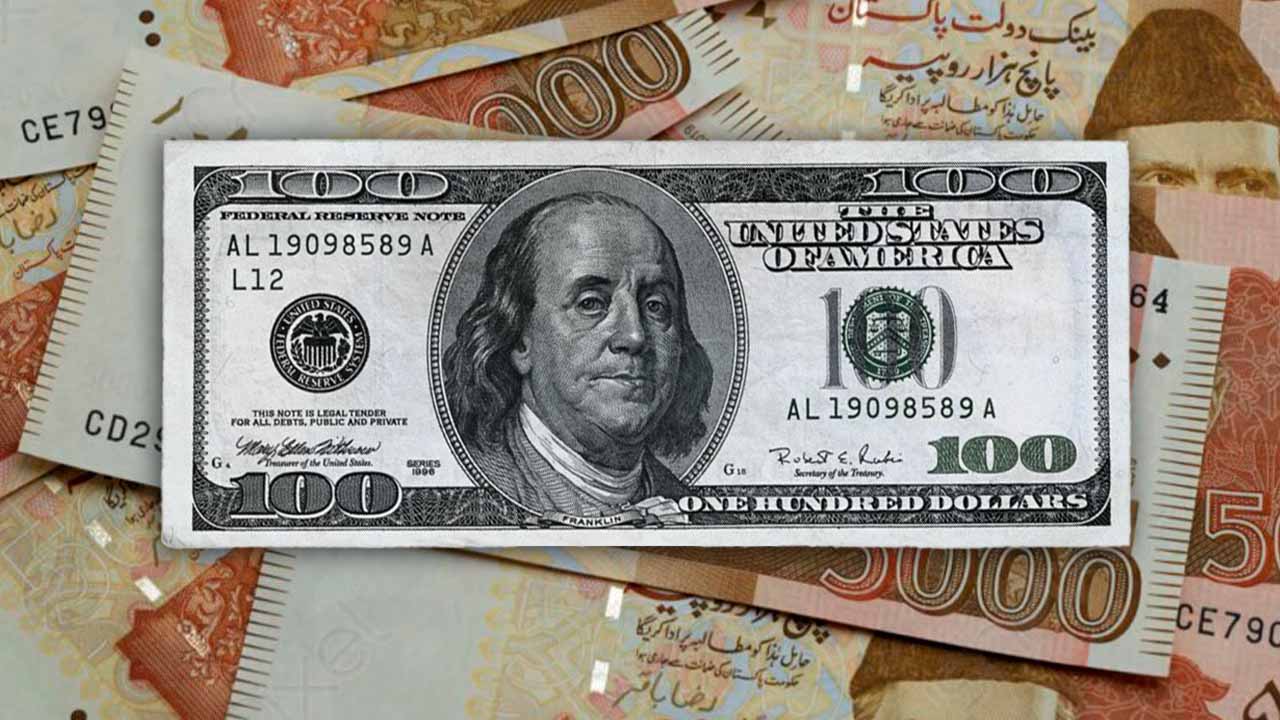- Web Desk
- 1 Hour ago
Unlocking potential: IT, telecom sectors witness exponential growth
-
- ayesha khatoon
- Apr 30, 2024

By Aisha Khatoon
The IT and telecom sector has emerged as a lifeline for each and every sector of the economy around the world including in Pakistan, keeping people and businesses connected, given wheels to move the world and what not while the data has emerged as a new oil (treasurer).
The birth of technology startups and artificial intelligence (AI) have revolutionized the tiny world. In case of Pakistan particularly, the launch of foodpanda has sharpened appetite in the food sector. The roll-out of careem, in-drive, yango and bykea have given wheels to the transport sector moving on the fast lane. Alibaba and daraz have created new markets and boosted ecommerce.
AI has hovered aviation industry high in the skies. The innovation of solar panels has lightened thousands villages in off the grid areas in addition to generating clean energy and helping combating against the climate change. Drip irrigation has minimized the use of water, but increased crops yields in agriculture sector.
Alike, the launch of easypaisa and similar payment Apps have advanced payment system, expedited financial inclusion and modernized banking system in the country. State Bank of Pakistan has issued licences to five financial entities to establish true digital banks in the country. It has rolled out the unique payment system at world called Raast and studying different central banks digital currencies to introduce its own digital currency in future.
These are a few examples of success stories out of thousands happening in Pakistan. The IT and telecom revolution is doing wonders. Sky is the limit.
In its last published Annual Report 2022-23, Pakistan Telecommunication Authority (PTA) reported telecom subscribers have grown by 25% over the past five years, reaching an impressive 192.3 million out of total population of the country reached 241.49 million in 2024.
The emergence of Covid-19 pandemic paced up IT and telecom adoption and multiplied the usage of technology. The already available IT and telecom infrastructure in Pakistan ensured the life goes on during the pandemic despite lockdowns. At the outset of limiting spread of the virus, the technology made possible providing essential services to masses. Later on, it helped large industries learning how to advance through taking advantage of the technology. Many companies transformed into technology businesses and feel proud of being called technology company instead bank and transport firms.
The disruption has not happened in isolation. But, the outstanding investment and performance by the primary IT and telecom companies like Jazz, Telenor, Ufone, Warid and Zong ensured business moving on and supporting economic activities and growth in the country. Jazz has acquired Warid and emerged as one entity. Ufone is in the process of acquiring Telenor these days.
Service by the mobile phone service providers, particularly the advanced mobile broadband 3G and 4G, is a must to support digital growth across all sectors of the economy.
The cellular service providers have helped shrinking the globe into small gadgets in everyone hands like smartphone, but fastened the life. Most of the things are available at few clicks on computer screens and touches on smartphones using thousands of Apps. Such machines and software have reduced the weeks and months long distance among friends and family members sitting across the seven oceans to micro and neon seconds.
Pakistan’s IT exports have emerged as a new and strong source of earning foreign exchange that is helping reducing gaps between higher imports and low exports. Finance Minister Muhammad Aurangzeb has said software and technology exports would remain one of the two major driving forces ramping up economic growth gradually this year (FY24) and in the next year as well.
The country is projected to roughly achieve IT exports of $3.2 billion this year (FY24) that comes to over 10% of total export earnings in the year. The exports would be taken to $4-4.5 billion next year, he said.
Pakistan Telecommunication Authority (PTA) has awarded mobile phone manufacturing licences to two to three dozen companies including Samsung, infinix, Oppo, Nokia, Vgotel, Q-mobile. They are not only catering local demand, but also exporting the phones.
The recent Caretaker Federal IT and Telecommunication Minister, Dr Umar Saif introduced plans aimed at generating $10 billion in annual tech exports. The strategy hinges on enabling one million freelancers to earn $30 each daily, with the government providing the necessary funding and co-working spaces.
Pakistan has been striving to bring the global payment gateway PayPal to Pakistan to boost export earnings through freelancers. Reports suggest the firm has agreed to provide its services to the nation through collaborations instead coming to Pakistan as it does not find the provided working environment in country suitable for its products amid suspension of internet services time and again amid political instability and political engineering. The social platform ‘X’ is lying suspended for several weeks, sending a wrong message to global investors.
Although the outlook for IT and telecom sector stands bright in Pakistan due to the government focus on the foreign exchange earning sector. But likely saturation in issuance of mobile phone SIMs and slowdown in new investment in the sector partly due to unannounced ban on equipment imports to manage with low foreign exchange reserves for about a couple of years has put big question mark over future growth of the sector.
The issues should be addressed soon to avoid growing threat of cyber security breach, as the cybercrime is on the rise along with digital growth. The government plans to roll-out the most advanced 5G mobile internet tentatively by June-July 2024 would require the public-private partnership to work together to build security walls around the cyber.
In its last published Annual Report 2022-23, Pakistan Telecommunication Authority (PTA) reported telecom subscribers have grown by 25% over the past five years, reaching an impressive 192.3 million out of total population of the country reached 241.49 million in 2024.
Cellular mobile services are available to 90% of Pakistan’s population, while 3G and 4G signals extend to over 80%. As of June 2023, Pakistan boasted 54,415 cellular mobile cell sites, reflecting a remarkable 29% growth in five years.
The number of broadband subscribers has soared to an impressive 130.1 million by September 2023, reflecting a staggering growth of 110% over the last five years.
The expansion of telecom services, coupled with monetization efforts of operators, resulted in record revenues of Rs850 billion in FY23 and elevated the mobile ARPU (average revenue per user) per month to Rs278 during July-September 2023.




